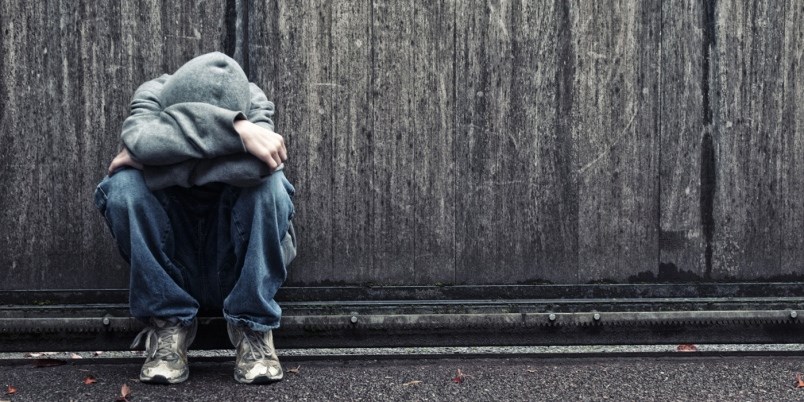More people are being treated for addictions and mental health challenges on the Sunshine Coast, placing pressure on healthcare workers and police, according to a frank discussion between healthcare staff, RCMP Staff Sgt. Poppy Hallam and local politicians last Thursday.
“Anecdotally we have been experiencing additional pressure on our services, particularly for our intensive case management,” said Susann Richter, Vancouver Coastal Health’s (VCH) manager for mental health and substance use services for the Sunshine Coast. She said while “most of our services are provided to people who are residents,” the demand seems to be related to “an influx of more homeless people.”
Richter and emergency services nurse Shannon Starrs were invited to the Sunshine Coast Regional District’s (SCRD) July 18 policing committee to answer questions about how healthcare services link up with policing.
They spoke to the complex network of care required to treat a rising number of people dealing with addictions, mental health challenges and homelessness on the Sunshine Coast.
The number of people seeking emergency care for addictions and detox “has increased dramatically,” said Starrs. In particular, there’s been a noted increase in referrals to the Coast’s opiate clinic.
Crystal meth is also turning up more on the Coast. “We’re seizing more and more meth off people,” said Sgt. Hallam, when asked by Gibsons mayor Bill Beamish which drugs are more prominent.
Hallam said the department is also encountering problems related to mental health calls. Those calls, she said, “are the most dangerous for us because people are so unpredictable.” Officers have been injured in altercations, said Hallam, and “we are running into a lot of public complaints now.”
Mental health and homelessness are now part of the Sunshine Coast RCMP’s strategic plan, said Hallam. “I added it this year because it is becoming more of an issue for us as a community.”
She said while “it’s too early,” to tell whether calls have changed because of shelters or supportive housing on the Coast, “that is a focus for us,” said Hallam, adding that “it’s going to be very important, especially for the Gibsons community for their supportive housing.”
Roberts Creek director Andreas Tize, meanwhile, asked about a well-known encampment on the B&K Forest Service Road in Roberts Creek. “In the wintertime, yes there’s people living up there in the woods and overall it’s not a big deal, but the fire hazard is starting to rear its ugly head,” he said, adding that the Roberts Creek Fire Department “identified some areas of concern,” including some tents with signs of heat damage from cooking stoves.
Richter said they are aware of the encampment, and while wellness checks are done if people raise concerns, healthcare professionals are not permitted to intervene if people refuse services unless a person is in danger of harming themselves or others. “Our teams do go up there,” said Ricther. “But if we don’t hear about aggressive or violent behaviour, there’s really nothing we can do about it.”
Sechelt councillor Tom Lamb asked why the Sunshine Coast is seeing more people facing homelessness, mental health and addictions issues.
“I don’t think we really understand the whole picture at this point in time,” replied Richter. “My personal suspicion is that we’re no different than other communities.” “This could be a sign of the times.”



